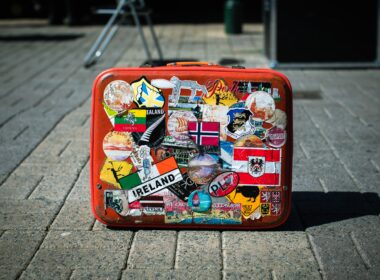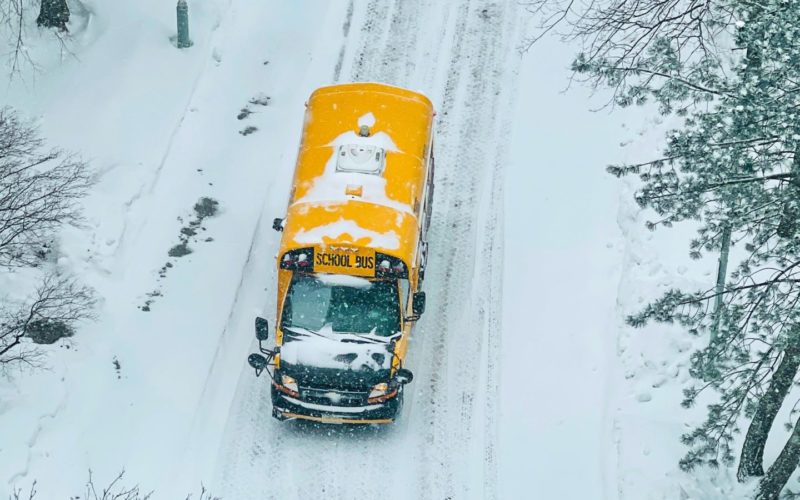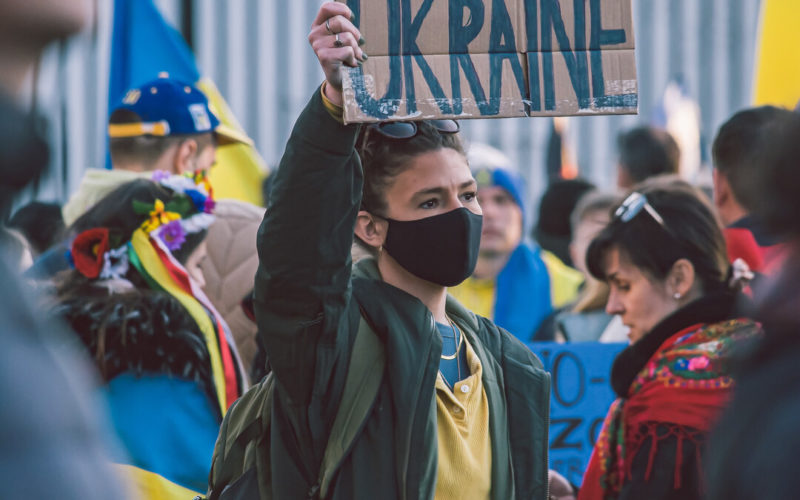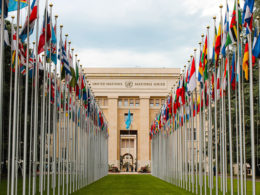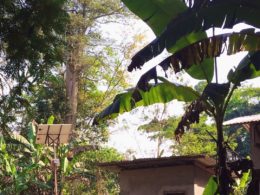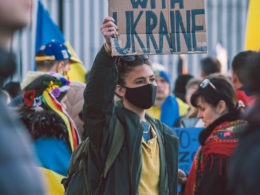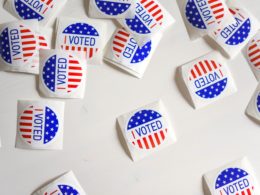By Rebecca Hopkins
We passed probably the sixth farm when the song, “I Can See Clearly Now” came on the radio in our school bus.
The station played the song just about every morning of my sophomore year of high school in 1994.
“…the rain is gone.”
Almost never could we see the sun. I squeezed my eyes shut and tried to will the impossible lyrics to replace the sound of white and brown slush kicking up from the tires. We were probably at the eightieth inch of the 100 inches of annual snow in this lake-effect region of upstate New York. The worst part was it never melted, piling up into walls of ice that lined the road. What I wouldn’t give for palm trees and a beach.
We were one of the two buses of Army kids from Fort Drum, rolling past the post’s guarded entrance ten miles to the high school in a quiet, rural, civilian town. If you knew us, though, you’d know we were a group of kids from all over the world, from everywhere and nowhere.
“Find a way or make one,” was the motto for the post’s brigade.
Our bus found its way through the snow to the schools. We piled out in thick coats, making our way to either the middle school or the high school, two brown buildings right next to each other. Both faced a chicken farm. We were soon absorbed into the stream of local kids heading to the lockers.
Some of us blended in better than others. My friends—whose parents were Filipino, Mexican, Chinese, African American, Korean, or some kind of mix—stood out in the otherwise white community. I, white, looked like I belonged—at least on the outside.
“Can you believe those kids?” my homeroom teacher whispered to me, nodding at some of my fellow bus mates congregating in the hallway.
Things had been tense in the school—racially. The school principal had recently announced a new rule. No loitering in the hallways. But the teacher didn’t point his finger at the local jocks, who were from the area. They, too, were hanging out on a nearby corner.
I didn’t say anything to my homeroom teacher. The military culture taught me to respect authority.
My sophomore year was full of geometry tests, English papers, choir concerts, and junior varsity basketball. In the background, but only on post, was talk of skirmishes in Somalia, the plans for deployment to Haiti, and the demilitarized zone in Korea.
The United States wasn’t technically at war in those locations. But we—”those kids,” the Army brats—lived with the camouflage-blur of packing in our living rooms, goodbyes for months or forever, injuries and deaths that sometimes subdued our community darker than the gray skies, our homes situated across from yards of tanks instead of fields of grain.
Not all the parents on the Army post deployed. My own dad hadn’t. I felt relieved and guilty. But we all had people far away in harm’s way—our chaplains, youth group leaders, neighbors, basketball coaches. From my perspective, the least noticeable difference between the civilian kids and the military kids was race.
The only time these current events were discussed at my high school was in social studies. I never knew what to say. Did the debates about superpowers, global security, and ethnic conflict have room for my most nagging political question? Why were our families making sacrifices for a country that treated us like outsiders?
At the end of each day, we piled back onto the bus. I’d let out my breath. Another school day was over. I usually sat next to Roz, who was born in Germany but whose parents were from the Philippines and Samoa. I’d finish my math homework on the bus so I could play basketball later on our shoveled driveway with Alex (African American) and Will (mom Korean, dad white). I’d join Mairee (whose dad was stationed in Korea) and Mariana (mom Chinese, dad Mexican) at youth group later. We’d play sardines, sing praise songs, then eat brownies together.
“It’s gonna be a bright…bright, sunshiny day,” would play in the bus as we rolled past the farms, or through the security gates of post, or into our neighborhoods named after battles.
It sounded different on the way home. I closed my eyes, my mouth moving to the tune, my voice quiet but hopeful.
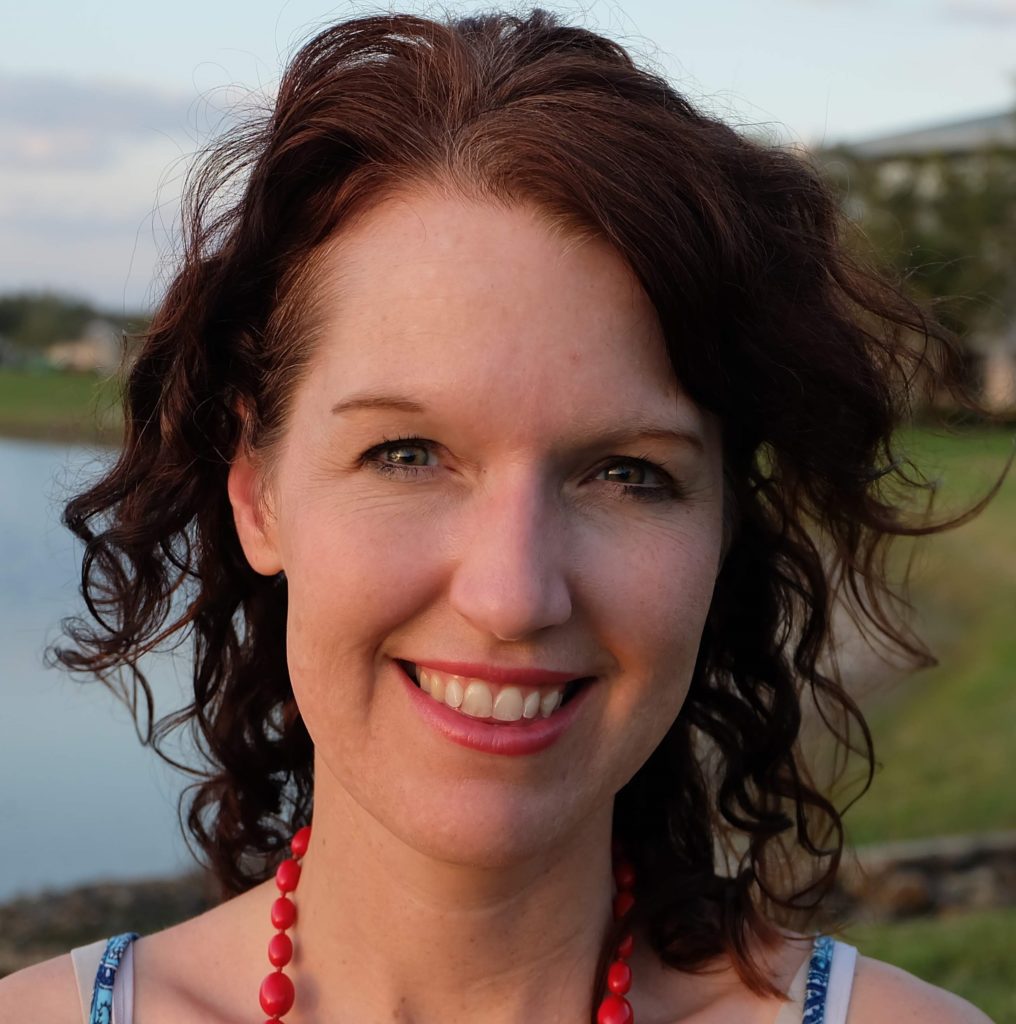
Rebecca Hopkins spent the first half of her life moving around as an Army kid and the past fourteen years trying to grow roots on three different Indonesian islands while her husband took to the skies as a pilot. She now works in Colorado for Paracieta Mission Group and writes about issues related to non-profit and cross-cultural work. Website: rebeccahopkins.org





